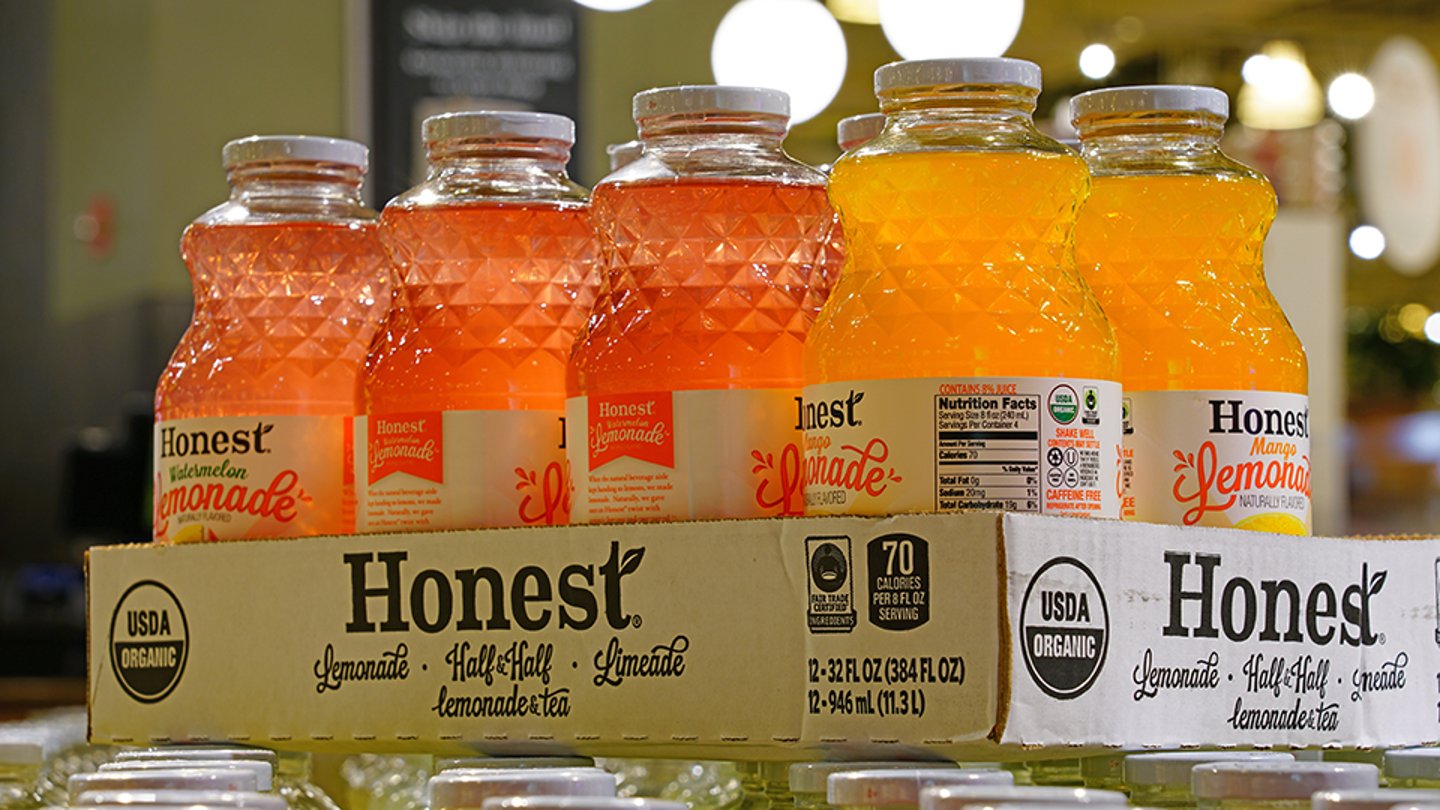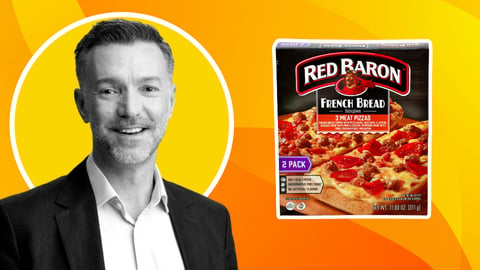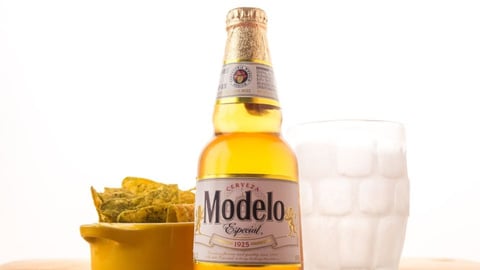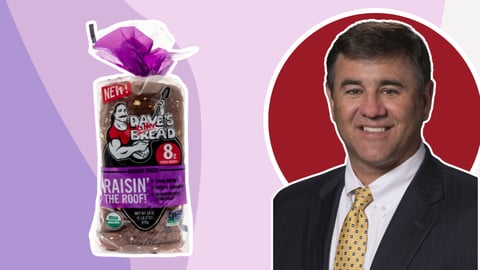Why Coca-Cola is Discontinuing Honest Tea
The Coca-Cola Company will phase out the Honest tea brand by the end of this year to focus on the brands it believes better reflect consumer choices and will potentially fuel overall growth.
The company posted a statement on its website that it’s rationalizing its drink lineup in order to prioritize fewer and larger brands that have the most potential to scale and grow profitably. As part of this, Gold Peak and Peace Tea — national and regional brands, respectively — will anchor its North American ready-to-drink tea (RTD) strategy.
Coca-Cola, the No. 14 publicly owned consumer goods company, will not sell the Honest brand, and the Honest Kids portfolio will remain part of the business. It also intends to explore licensing and other opportunities for the Honest brand in other categories.
The global RTD tea and coffee market size was valued at $98 billion in 2021 and is expected to reach nearly $168 billion by 2030, according to Grand View Research, propelled by consumer acceptance of the products as healthier substitutes to carbonated soft drinks and instant energy drinks.
Coca-Cola reinforced this trend by noting that Gold Peak and Peace Tea sales have increased during the pandemic by consumers seeking beverages with “immune-boosting properties,” as well as multi-serve packaging options for at-home consumption. Honest tea bottles, meanwhile, are primarily sold in single-serve bottles, with a strong concentration in the Northeast and the West Coast — regions Coca-Cola said have been negatively impacted by a drop in immediate consumption sales and limited glass supplies.
Honest Co-Founder Shares Origin of Honest Kids
Furthermore, today’s persistent supply chain issues have meant it hasn’t been able to meet consumer demand for Gold Peak.
Coca-Cola sees overlap between Gold Peak and Honest Tea consumers, and Sabrina Tandon, group director, RTD tea for the Coca-Cola North America operating unit, said shifting to a two-brand tea lineup will free up investment resources and supply chain capacity to better meet consumer needs and capture category share.
“We believe Gold Peak and Peace Tea are best positioned to meet consumer preferences for high-quality brewed teas with different levels of sweetness and flavor,” she noted.
[See also: What’s the First Step to Supply Chain Resilience?]
Tandon added the company will expand the Gold Peak trademark with new product and packaging innovations to appeal to Honest tea consumers.
‘Gut Punch’
Coca-Cola first took a 40% investment stake in the Honest brand in 2008 before acquiring it in 2011. Seth Goldman, who co-founded Honest in 1998, described the move on social media as a “gut punch to all the sweat, tears and incredible passion that went into building our beloved brand.”
He noted that he was somewhat consoled by the continuation of Honest Kids. In a recent interview with CGT, Goldman recalled the origin of the brand, describing how a conversation with his son ultimately led to a rethinking of both the packaging size and contents of children’s drink pouches — changes that had a significant impact on the larger market.
“Honest Kids came out as a 40-calorie drink in a category where everyone was selling 100-calorie drinks, and we would sweeten it only with fruit juice as opposed to sugar or high fructose corn syrup,” said Goldman. “And so Honest Kids really grabbed a significant market share and in a way kind of reset the shelves. We saw all of the competitors — and this is very much true today, if you go to the beverage shelf for kids’ drinks, you'll see that the average calorie profile is [about 60], and that there is a lot less calories and sugar in those drinks.”






